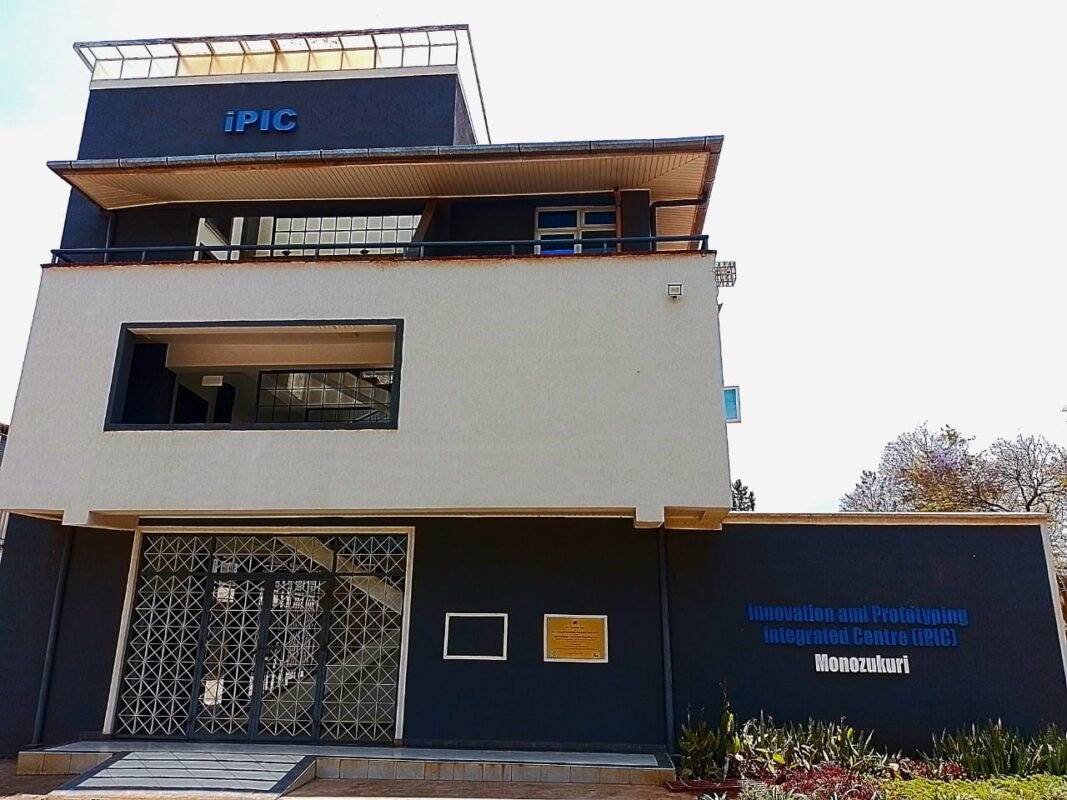Will startups and innovations at our universities provide the solution to the unfolding crisis of graduate jobs in Kenya?
19 year old Mark Zuckerberg was a student at Harvard University when he started Facebook in 2004. In its beginning, Facebook was a website that allowed students at the university to rate the attractiveness of their classmates.
Peter Thiel invested USD$ 500,000 in Facebook for a 10.2% stake that same year. This would be equivalent to an approximate KES 64,515,000.00 seed round at today’s exchange rate. Meta (formerly Facebook) has a market capitalization of $1.327 Trillion approximately, on the date of this article.
Kenya’s GDP is projected to be about USD$113.4 billion within the same 2024 period.

Graduate Jobs in Kenya
Kenya’s GDP in 2004 was approximately USD$ 16.1 billion; equivalent to KES 2,077,383,000,000.00 (Two trillion, seventy-seven billion, three hundred eighty-three million) approximately.
If the only thing the Kenyan government had done for the last 20 years was invest in then young Mark Zuckerberg’s Facebook idea, Kenya would probably not be grappling with youth unemployment today.
The country’s GDP would also definitely not be where it is today. Take the case of a local startup like M-Pesa, valued at approximately USD$ 8 billion in 2024, having been started in 2005 by Nick Hughes and Susie Lonie.
Peculiarly, the current government’s proposals for solving youth unemployment and creating graduate jobs in Kenya prominently feature the following promises:
- Investing in Vocational Education. Through building and equipping TVETs.
- Establishing 1,450 ICT hubs in all wards across the country. The ICT ministry has been allocated KES 16.3 billion.
- Negotiating Foreign Jobs. Having promised to take 200,000 Kenyans abroad, and an additional 250,000 jobs specifically in Germany.
- Affordable Housing Program. Having been allocated KES 3.2 billion in the 2024/2025 fiscal year.
- Empowering young entrepreneurs through the Women Fund, the Hustler Fund, the Youth Enterprise Fund, and the Presidential Innovation Challenge and Award.
Has this and previous governments forgotten that universities and institutions of higher learning produce these graduates?
Is it possible to return to the post-independence era when graduates would receive their employment offer letters before completing their final years?
What role can these higher learning institutions play in supporting and fostering a startup and innovation culture among students?
Startups and Innovation in Kenyan Universities
The obvious solution to the graduate jobs crisis in Kenya in 2024, for anyone observing from 2044, is probably investing the KES 3.2 billion Affordable Housing Fund in 50 Mark Zuckerbergs of today.
Universities and other institutions of higher learning have invaluable resources and excellent platforms for the government and philanthropists, such as politicians, to:
- Encourage the use of native knowledge and insight to drive African innovations among college and university students.
- Strengthen the knowledge and skills of students through endless mentorship programs to actualize their innovative ideas.
- Promote creativity by fostering vibrant partnerships between students and Kenyan industries beyond attachments and internships.
- Encourage entrepreneurship by funding early-stage startups and student entrepreneurs with projects that have the potential for breakout trajectories.

Promoting a Startups and Innovation Culture
It is undeniable that this task extends beyond the government of the day. Successful entrepreneurs, industry leaders, personalities, businesspeople, institutions, lawmakers, and other stakeholders all need to join hands and pursue this entrepreneurial alternative.
It would also be a great boost to the movement if the government, through its most vocal politicians, spearheaded it in the manner they do church harambees. This initiative could take place on a case-by-case basis across all institutions in the country.
Universities such as JKUAT, Kenyatta University, UoN, and many others are already running programs in collaboration with various partners. Programs like the AFRICA-ai-JAPAN Project and the Chandaria Business Innovation & Incubation Centre support innovations and student entrepreneurs. Much more can be achieved with increased funding and support, in collaboration with all 471 of the country’s institutions of higher learning.
Entrepreneurs create wealth and, as a result, jobs. It is also foolhardy to imagine that none of Kenya’s millions of students in universities and colleges are capable of building future billion- and trillion-dollar startups like Mark Zuckerberg did.
Let us know your thoughts in the comments below.

